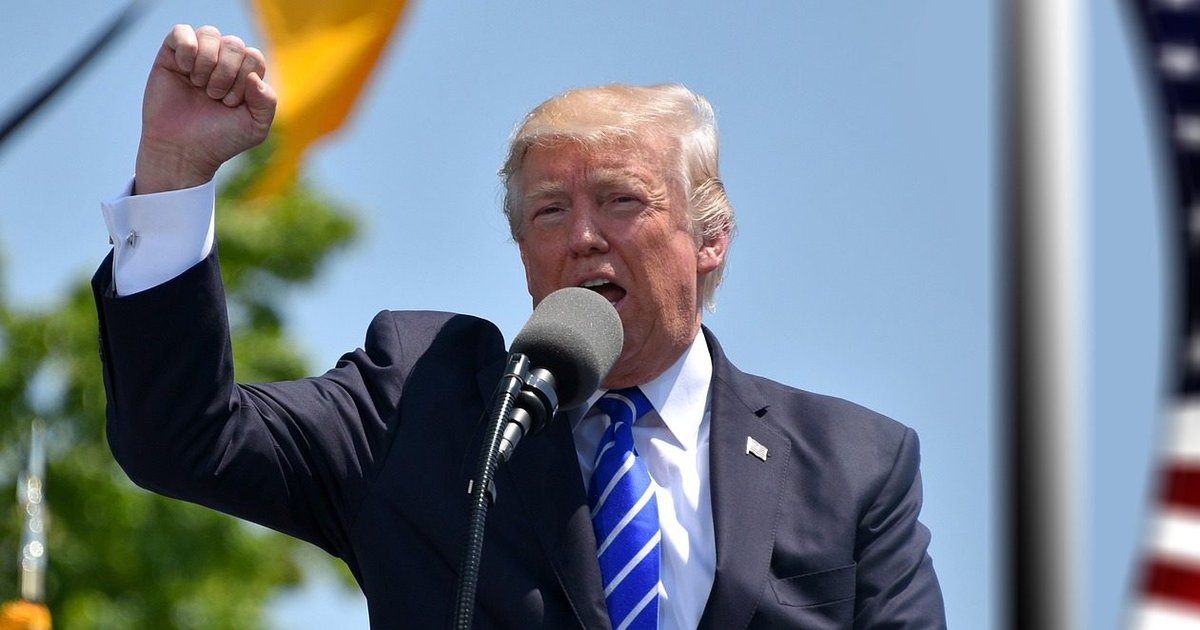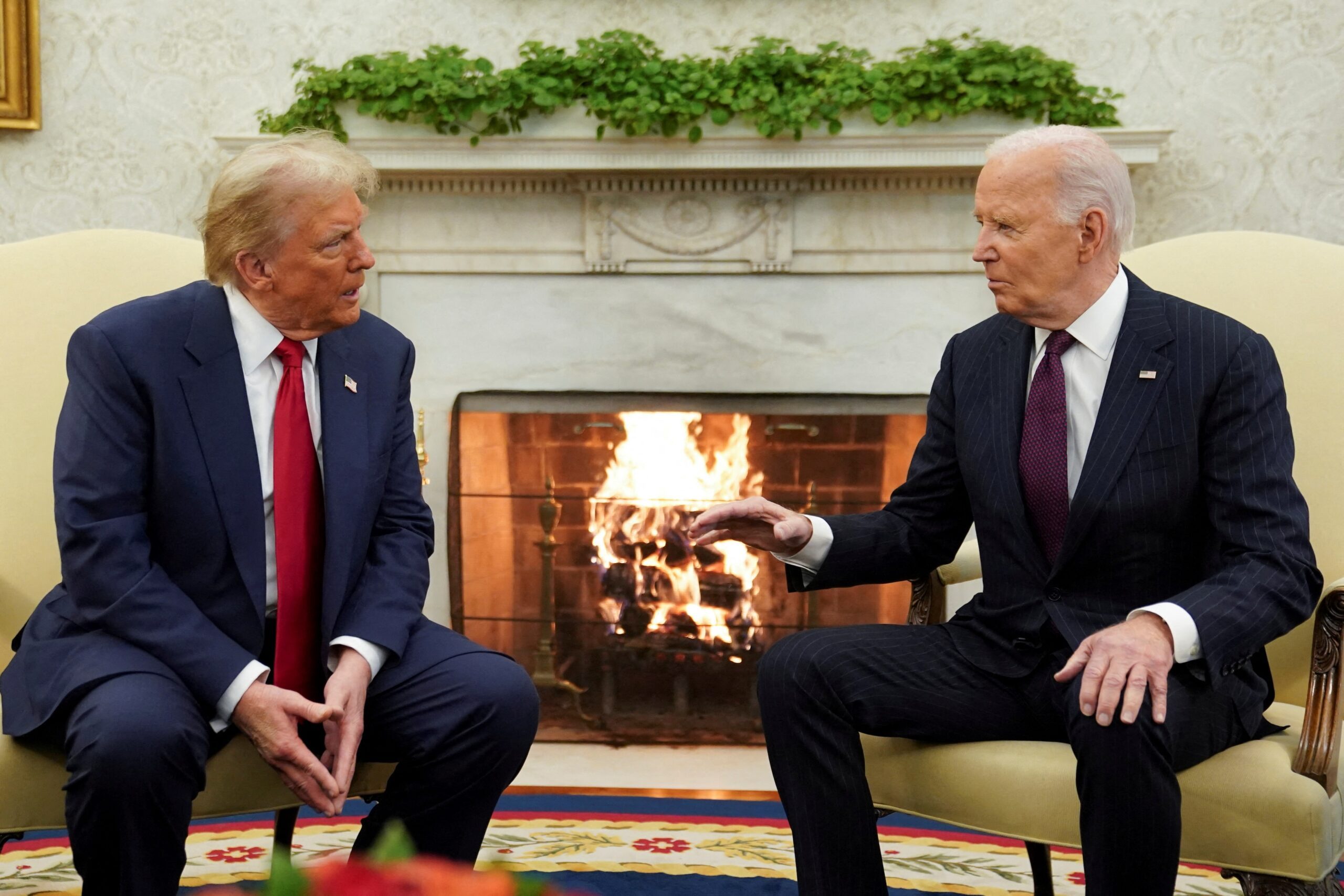





On January 21, 2025, Donald Trump officially returned to the presidency, a move that is expected to significantly impact both Gulf investments and the U.S. data center sector. One of the most notable developments during this transition was the announcement by Hussain Sajwani, chairman of DAMAC Properties, of a $20 billion investment in U.S. data centers. Sajwani expressed his enthusiasm for Trump's re-election, calling it 'amazing news' for the business climate [4b7624df].
In a related development, Saudi Crown Prince Mohammed bin Salman announced a substantial $600 billion investment in the U.S. economy over the next four years during a phone call with President Trump on January 23, 2025. This investment aims to expand trade and create economic prosperity, leveraging expected reforms from the Trump administration. The conversation also included discussions on cooperation in Middle East stability and counter-terrorism [54370549].
This investment aligns with the broader trend in the U.S. data center market, which is projected to see over $1 trillion in investments over the next five years. Data center power consumption in the U.S. is expected to reach 35 gigawatts by 2030, indicating a growing demand for infrastructure in this sector [2a6d5c9c]. Sajwani indicated that the investment would focus on states like Texas, Arizona, and Ohio, which are positioned for growth in technology and data services [59a9128f].
Tarek Sultan, vice chairman of Agility, also expressed optimism about Trump's administration, emphasizing its focus on business and economic growth. Agility plans to invest heavily in the U.S., viewing it as a key component of their strategy. Sultan noted that Trump's proposed tax relief and tariffs are intended to bolster the economy, which aligns with Agility's investment plans, including a recent investment in Loop Global for EV-charging solutions to address UAE's public charging infrastructure bottleneck [6b0f720d].
In a recent interview, Sultan Ahmed bin Sulayem, CEO of DP World, highlighted Trump's advocacy for 'fair trade' over 'free trade.' He praised India's local market but noted that Indian firms are not focused on exports, emphasizing India's growth potential compared to China. Thani Al Zeyoudi, UAE Minister of State for Foreign Trade, expressed optimism for foreign trade in 2025, suggesting that the UAE is positioning itself to benefit from the evolving trade landscape under Trump's policies [e3c5bc42].
However, Trump's presidency is expected to bring challenges, particularly concerning trade. Analysts, including Robert Mogielnicki, have raised concerns about potential tariffs Trump plans to impose on imports, which could negatively impact Gulf economies, including the UAE. In 2022, UAE exports to the U.S. reached $6.9 billion, reflecting a 10% increase from the previous year, but the new tariffs could threaten this growth [4b7624df].
Rachel Ziemba noted that if oil prices do not rise, GCC imports could face significant challenges, prompting the UAE to seek ways to leverage trade flow diversions to maintain competitiveness. The UAE is also pursuing advanced U.S. semiconductors, indicating a strategic pivot towards technology and innovation [4b7624df].
Moreover, Trump's anticipated support for the cryptocurrency industry could open new avenues for investment and collaboration between the U.S. and UAE. David Hamod highlighted the potential for cooperation in real estate and tourism, areas where both nations have vested interests [4b7624df].
As Trump confronts semiconductor challenges and has criticized the CHIPS and Science Act, the implications for the U.S. digital services sector, which contributes 7% to GDP, will be closely watched. Major tech companies like Amazon, Google, and Microsoft are driving growth in this area, and their strategies may adapt in response to Trump's policies [2a6d5c9c].
As the UAE and Saudi Arabia compete for Trump's attention, the region's stakeholders are keenly observing how U.S. policies will shape their economic landscape. The interplay between tariffs, technology investments, and the evolving geopolitical dynamics will be crucial in determining the future of UAE's economy under Trump's leadership [4b7624df].